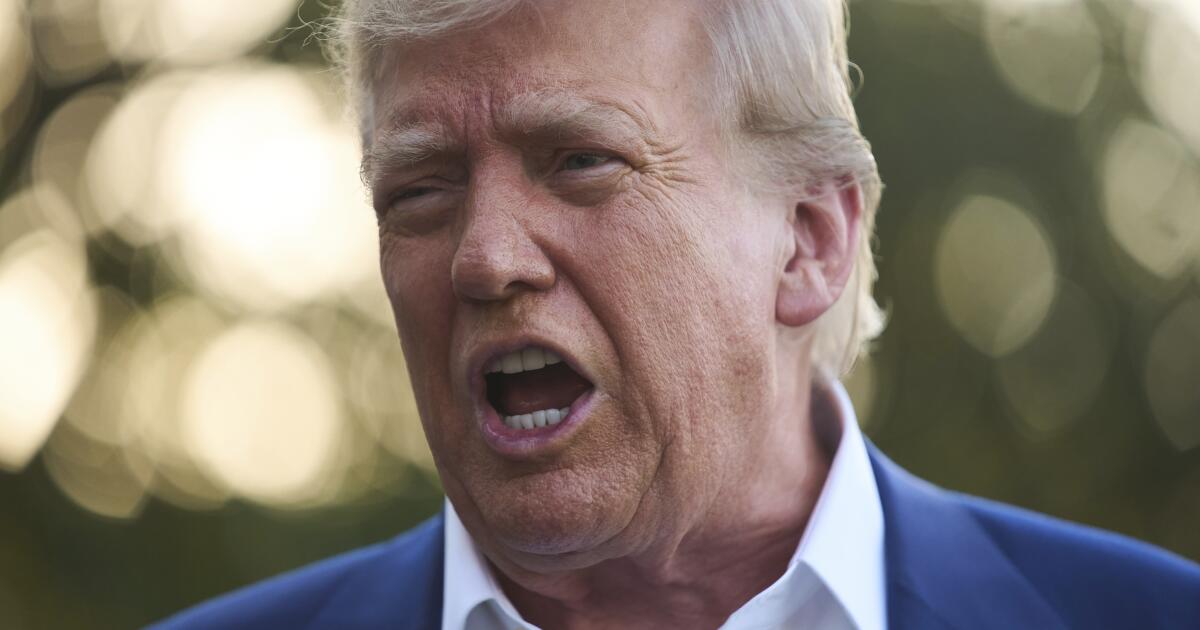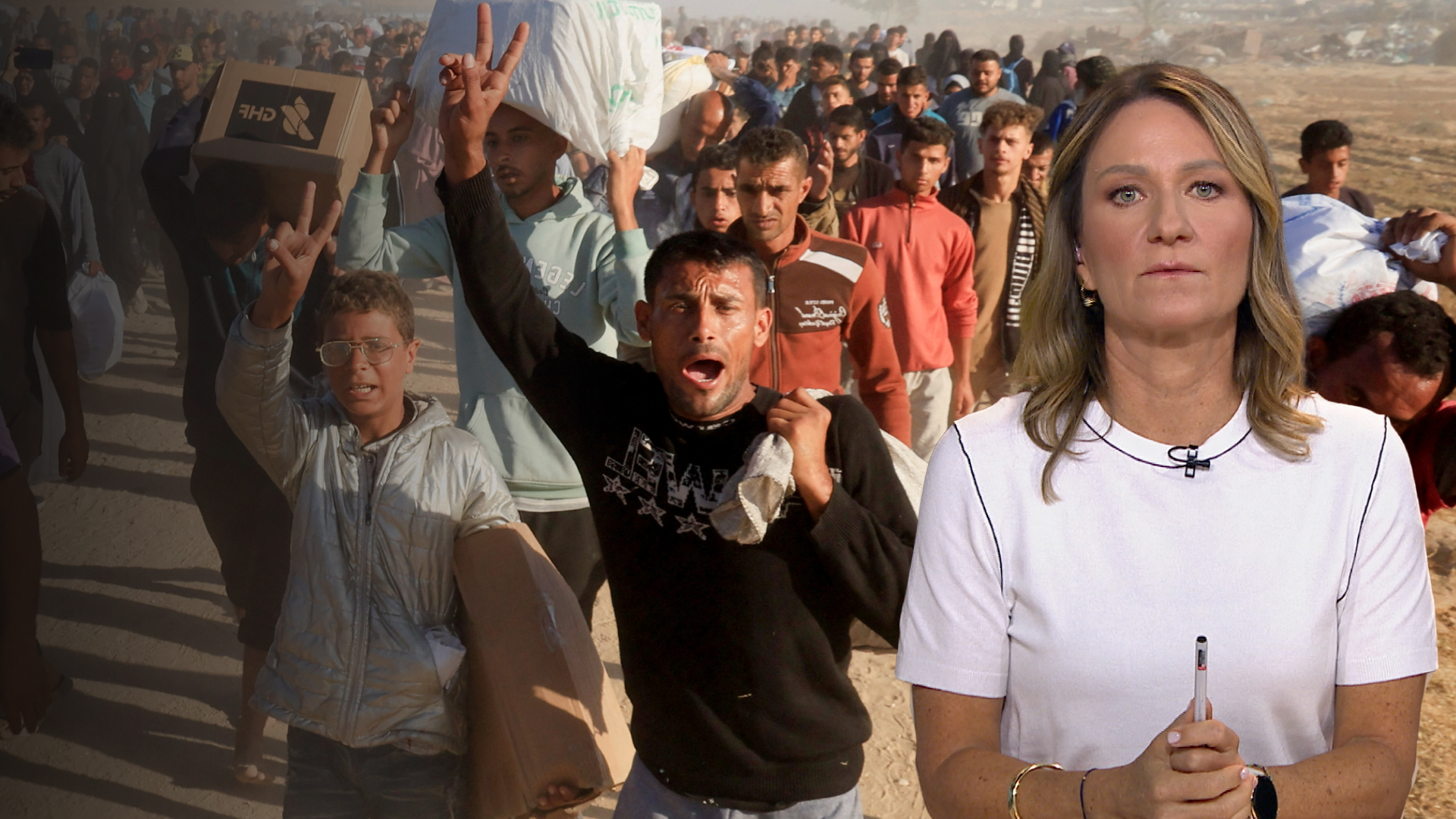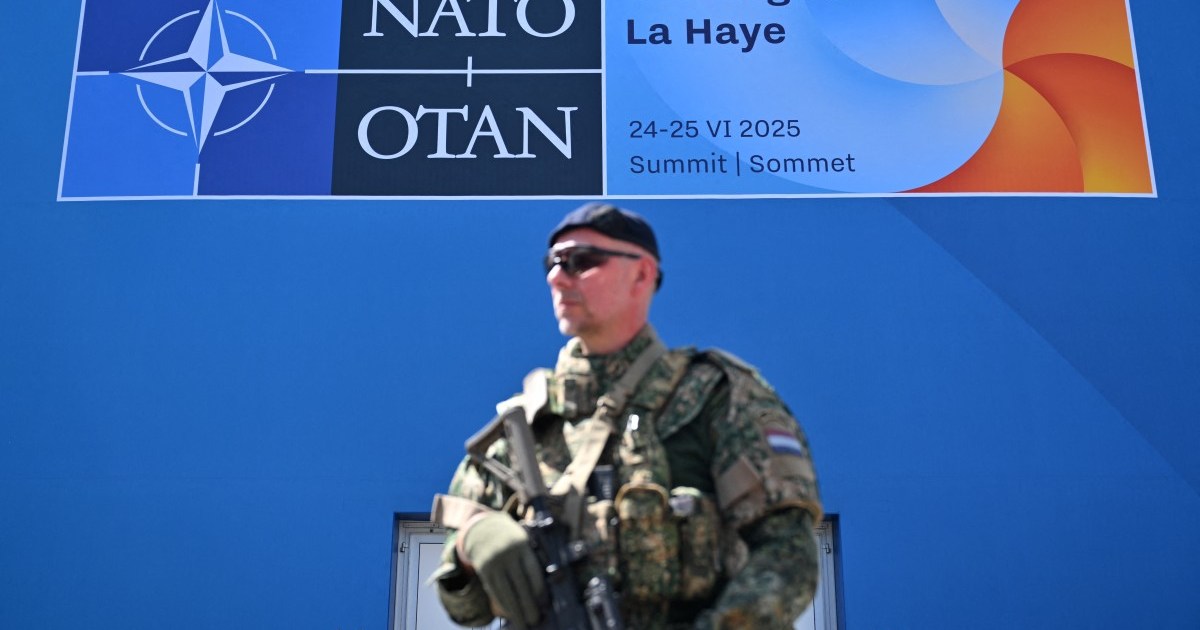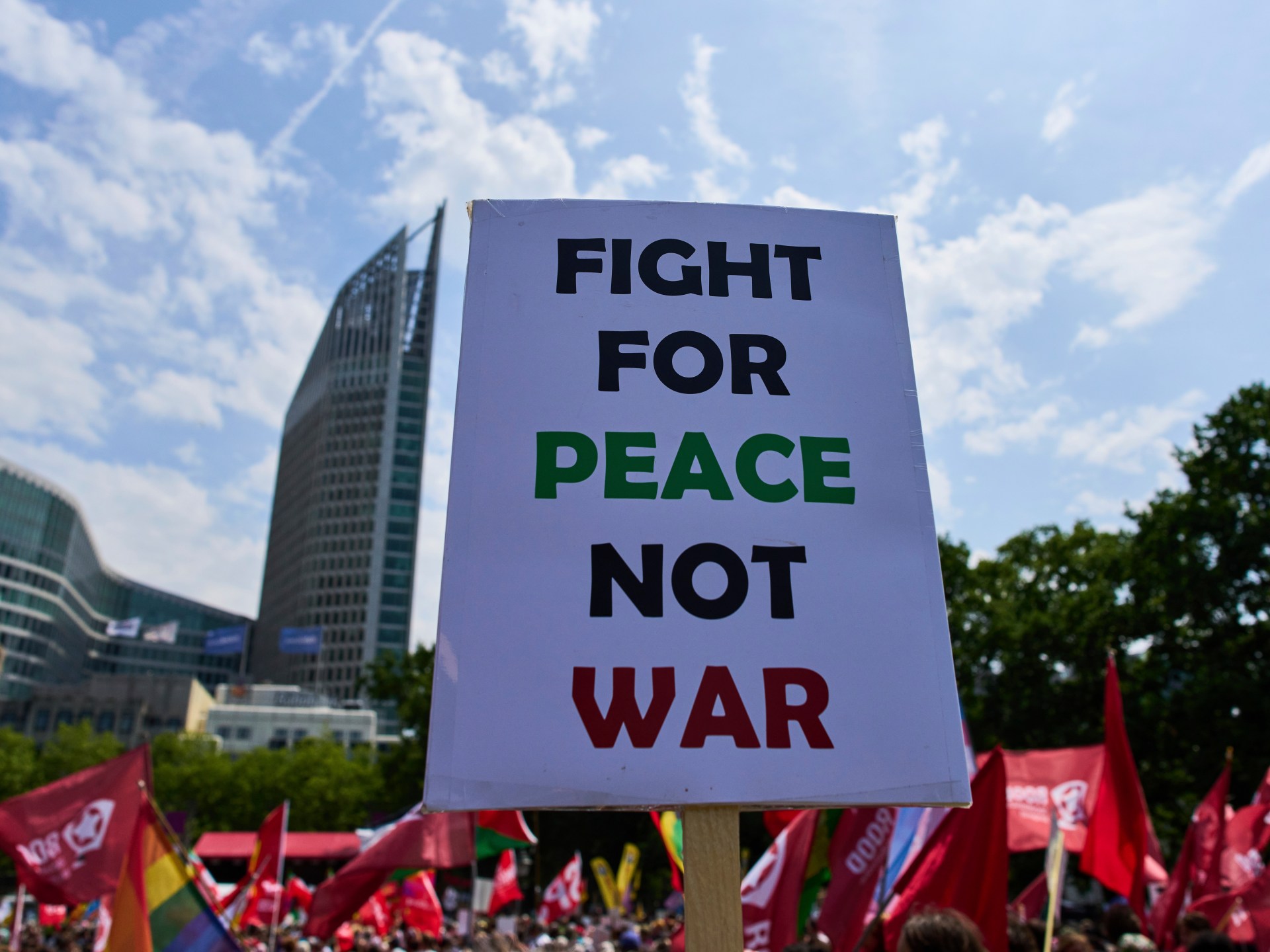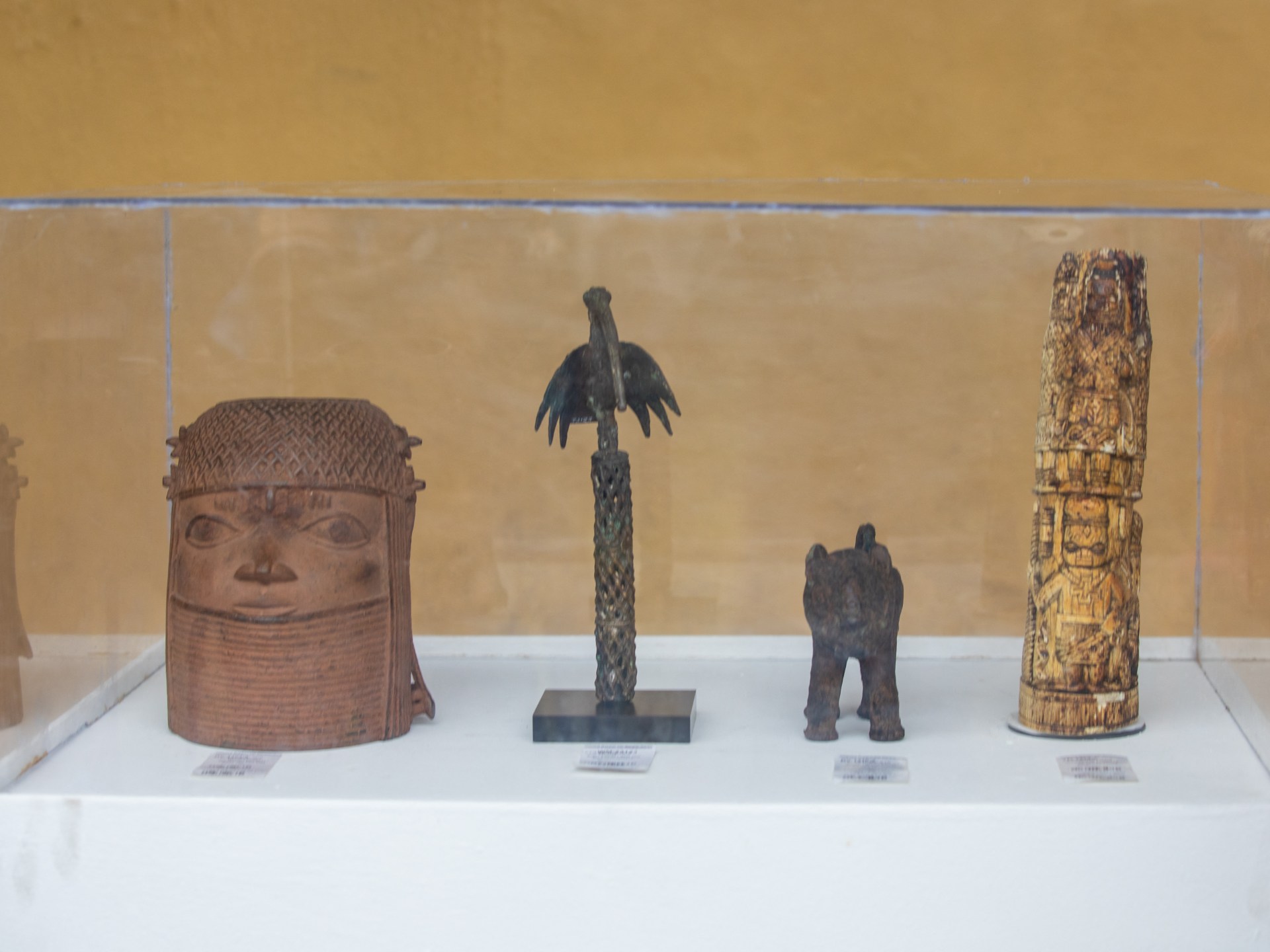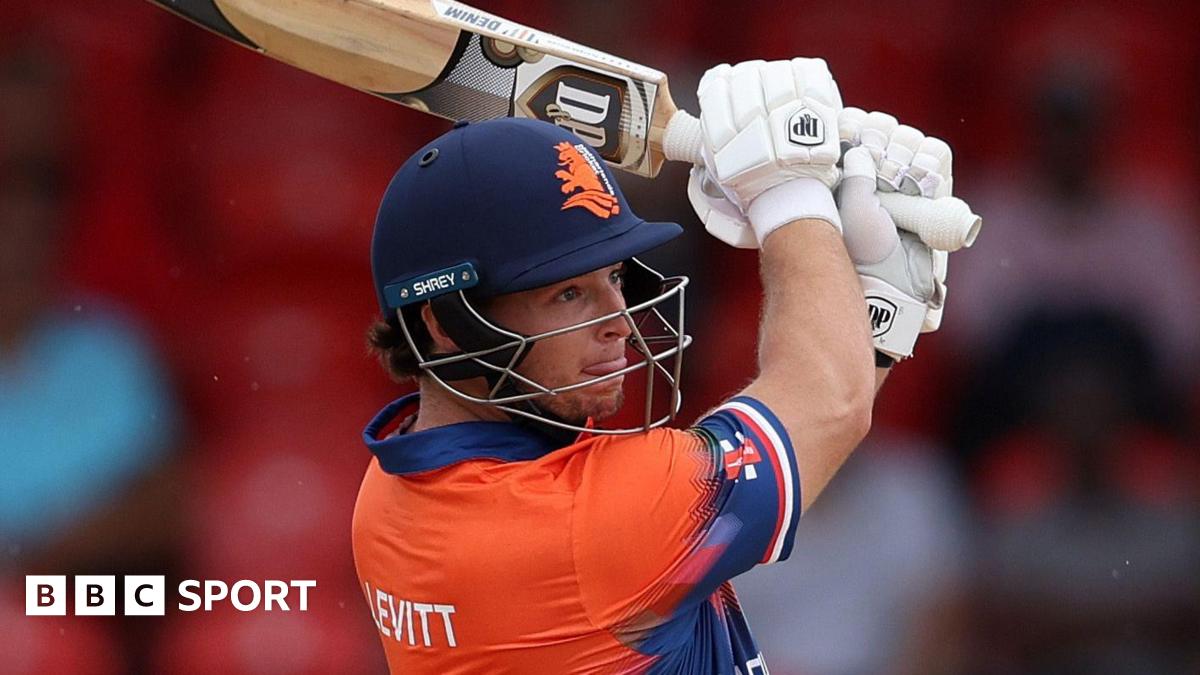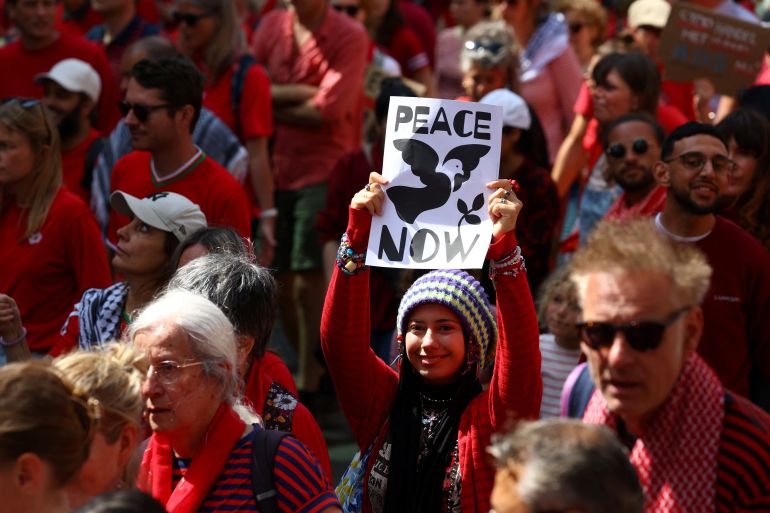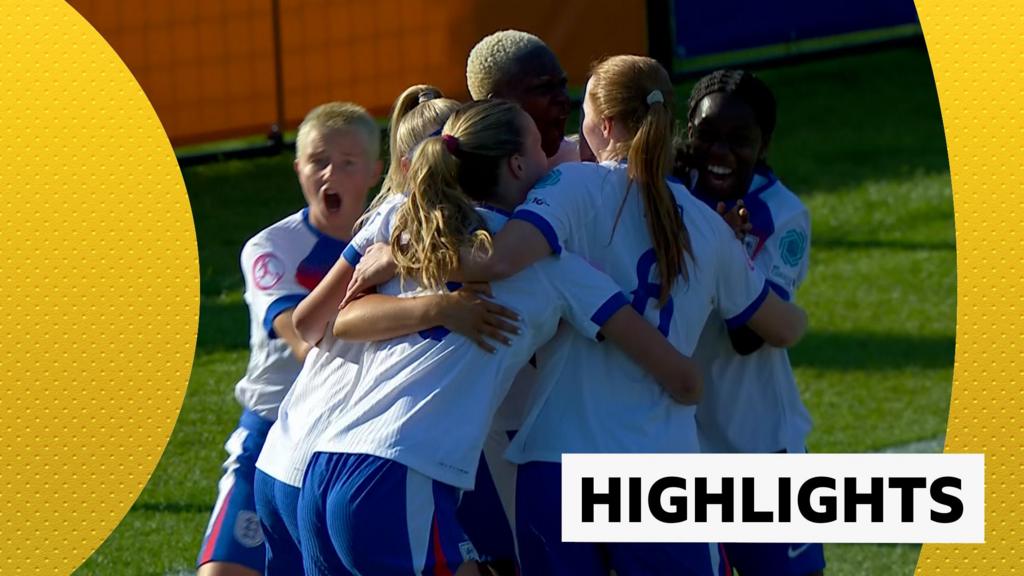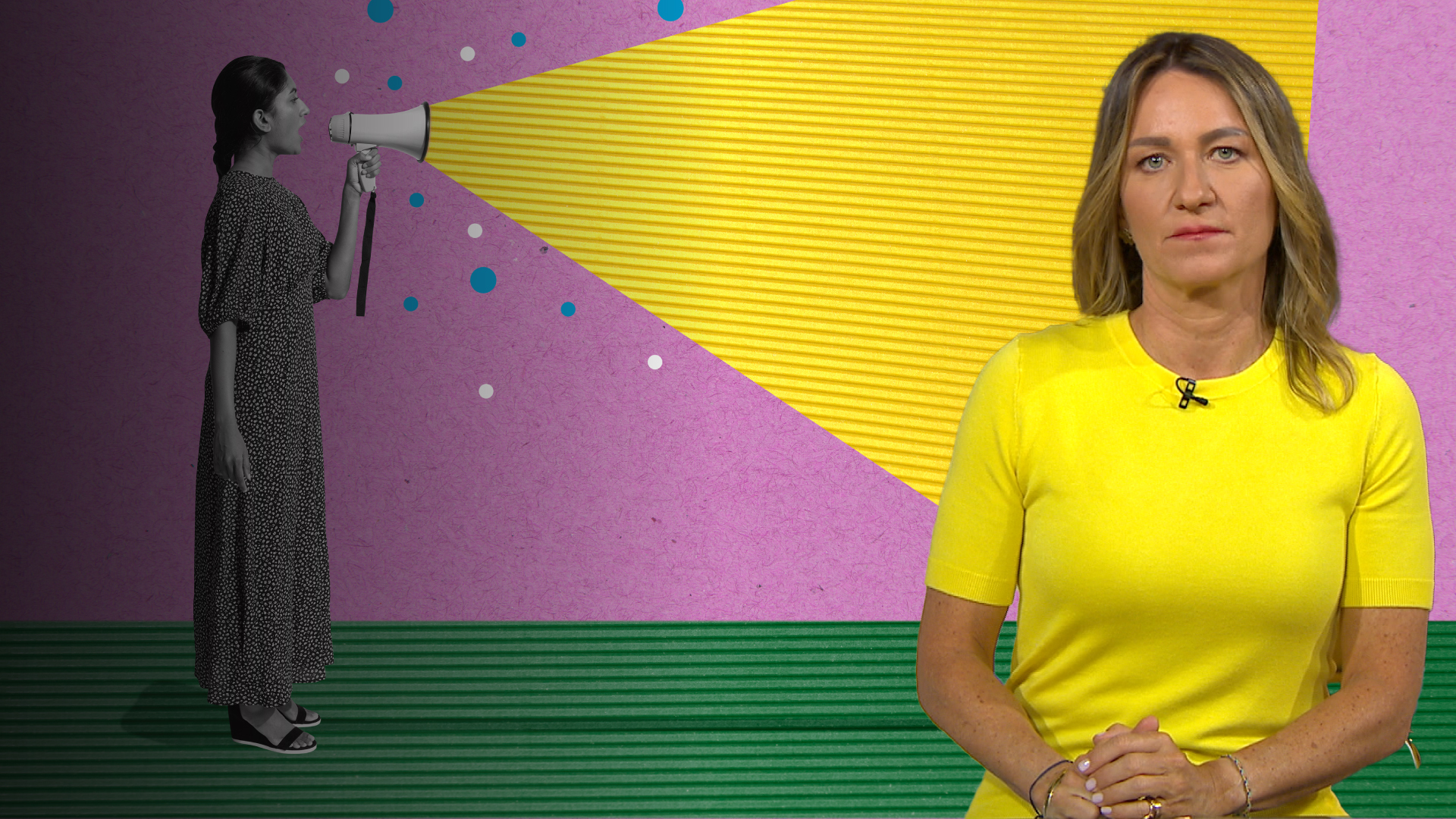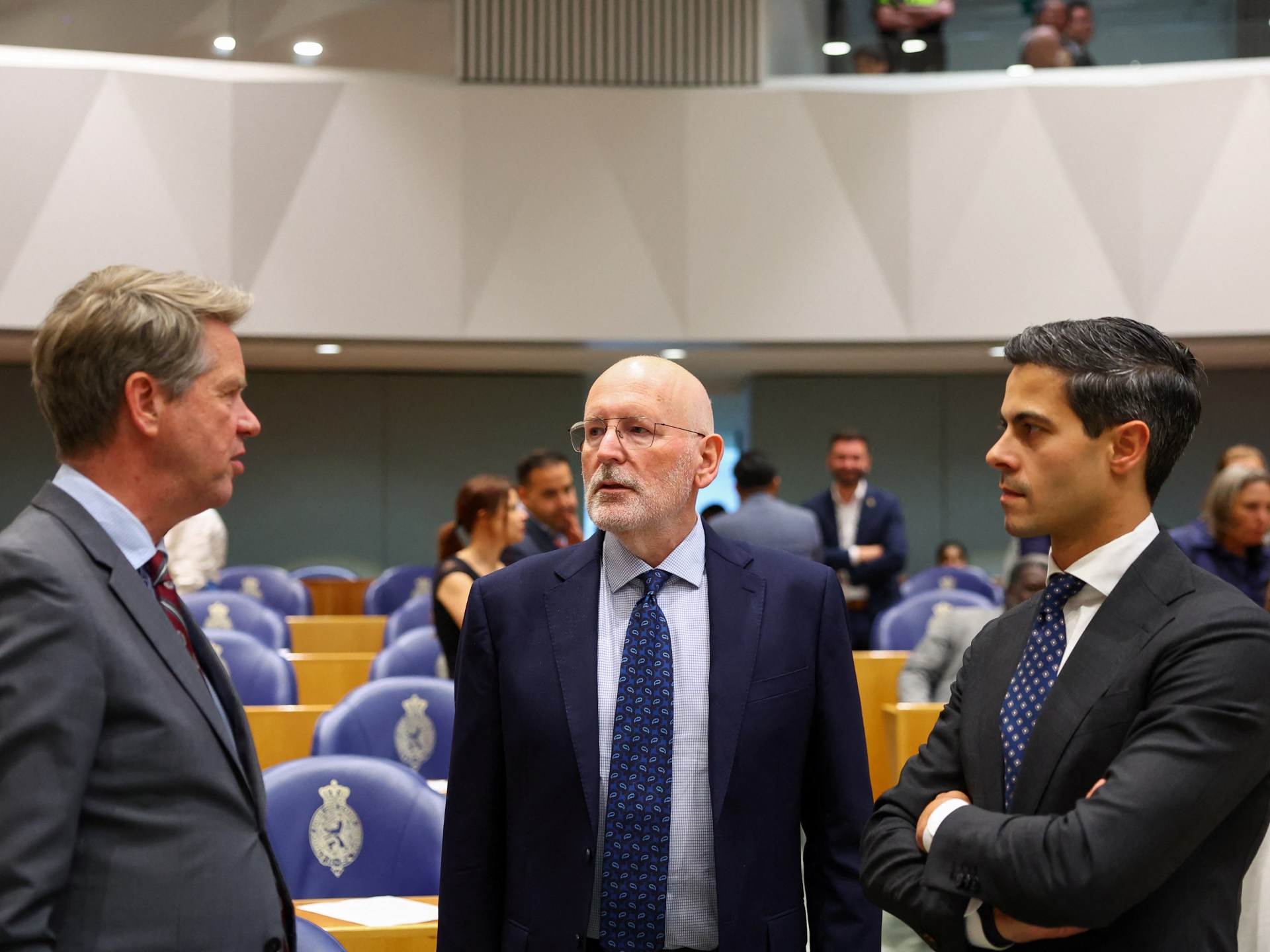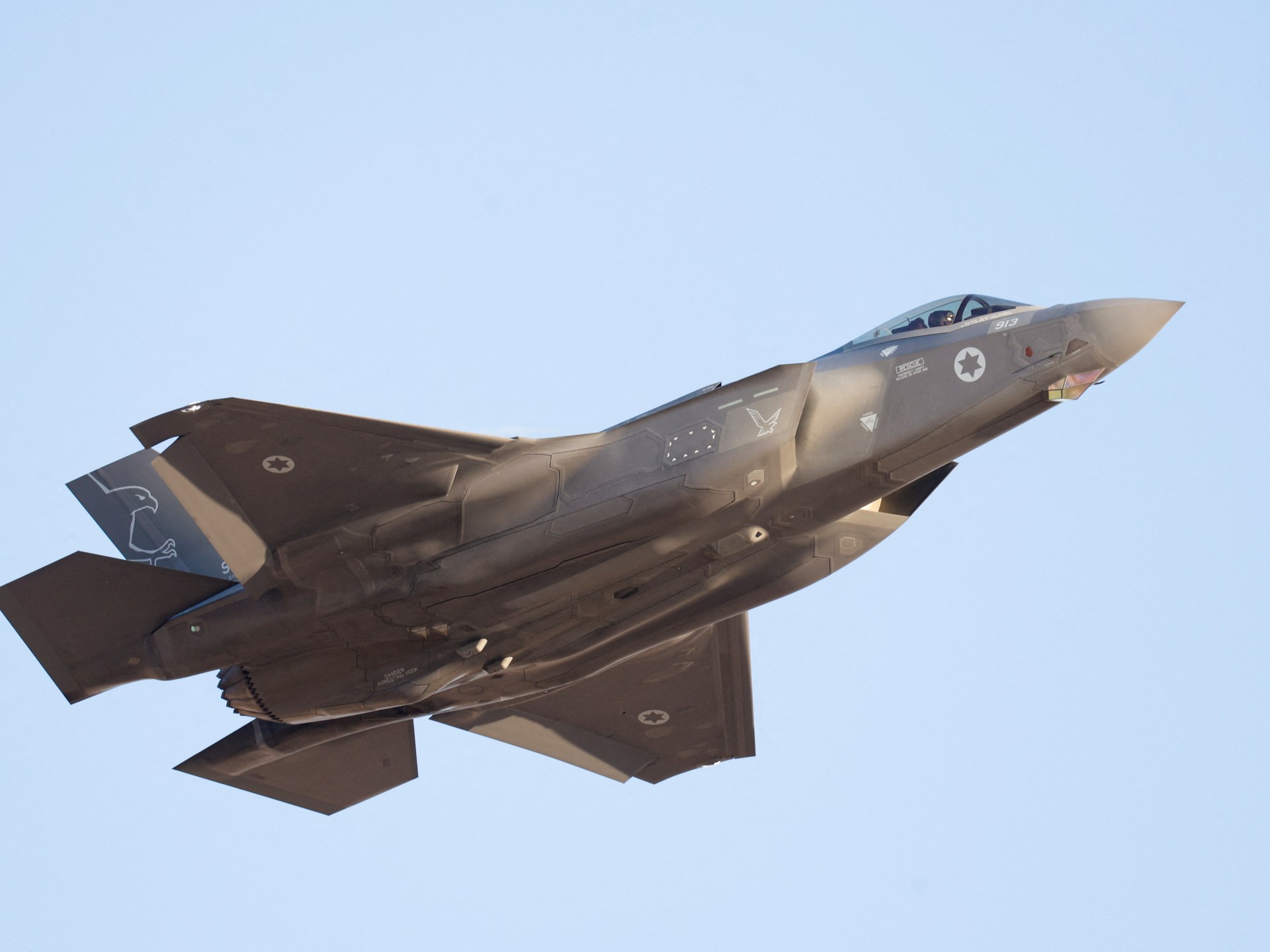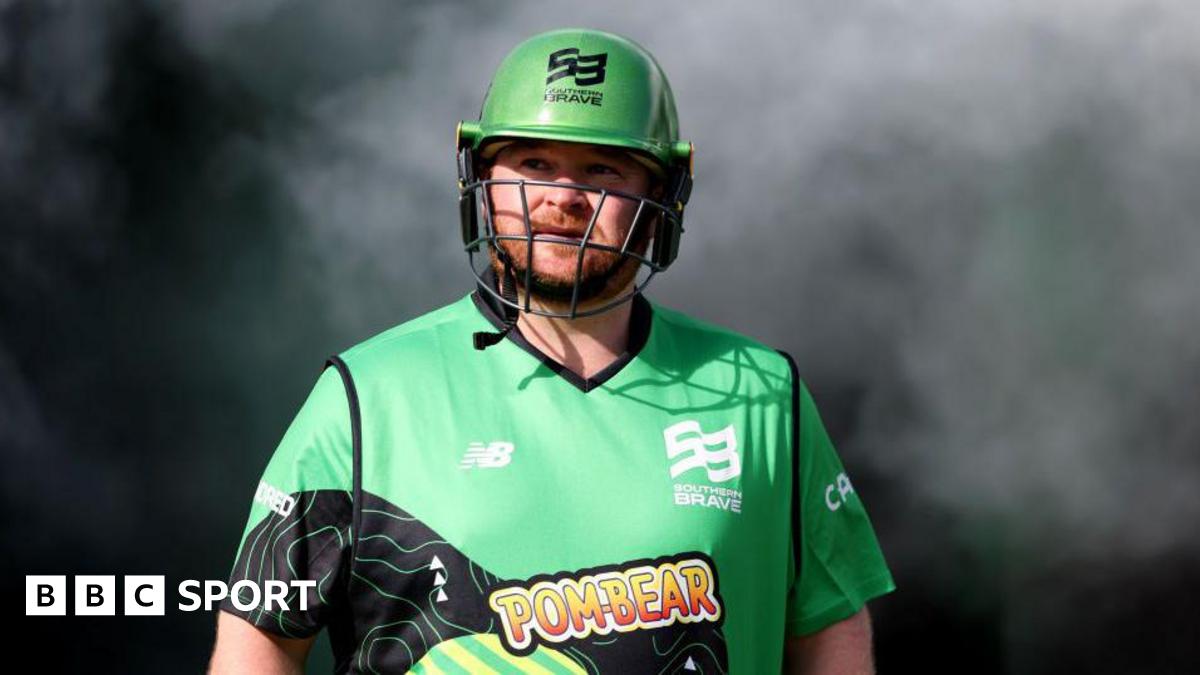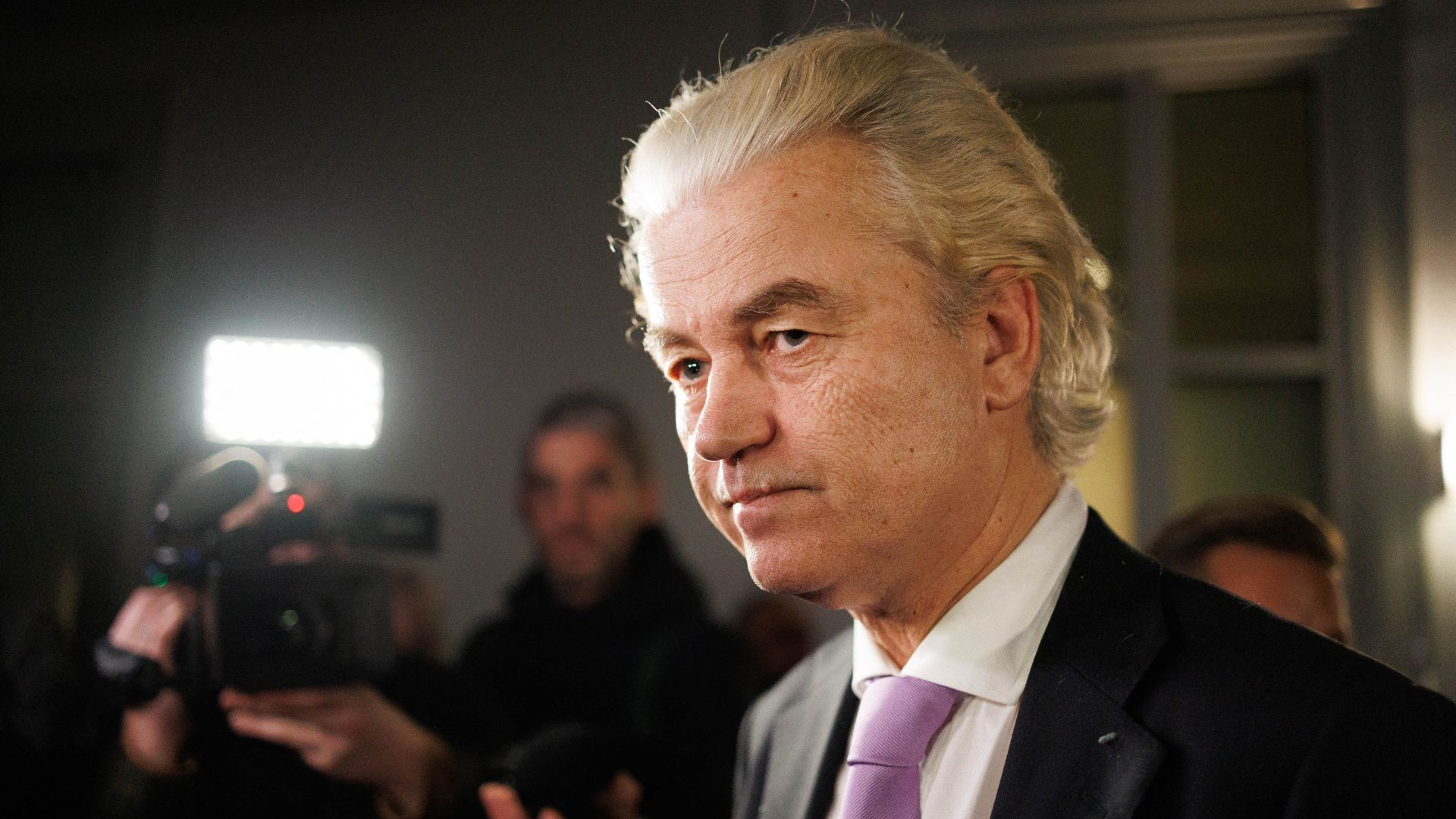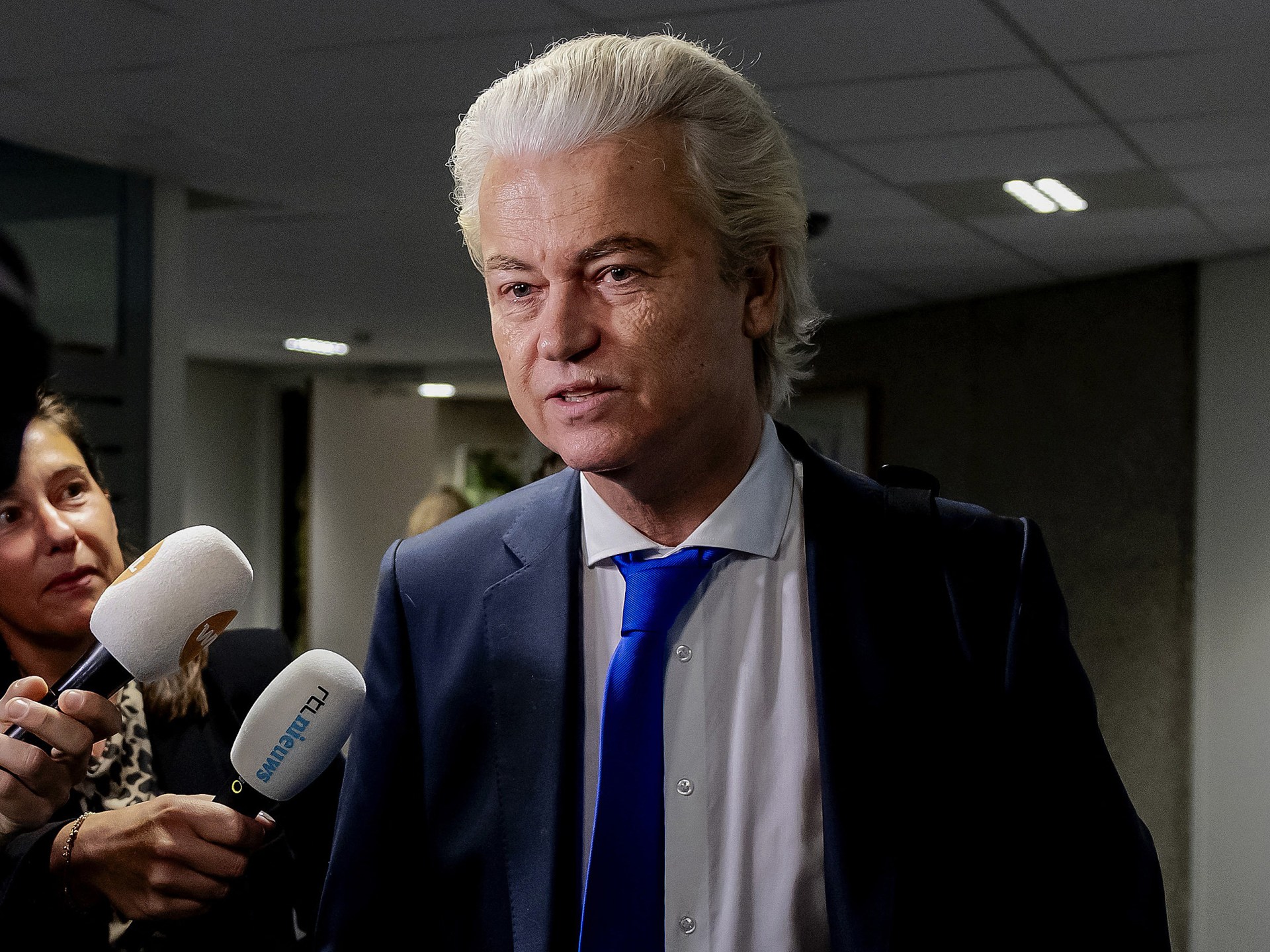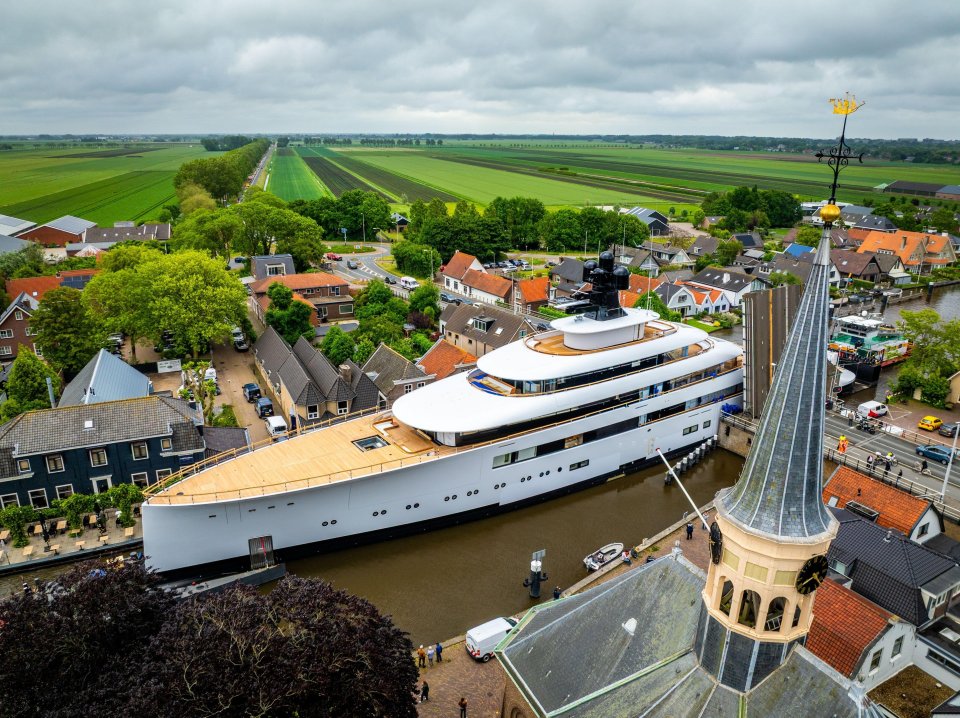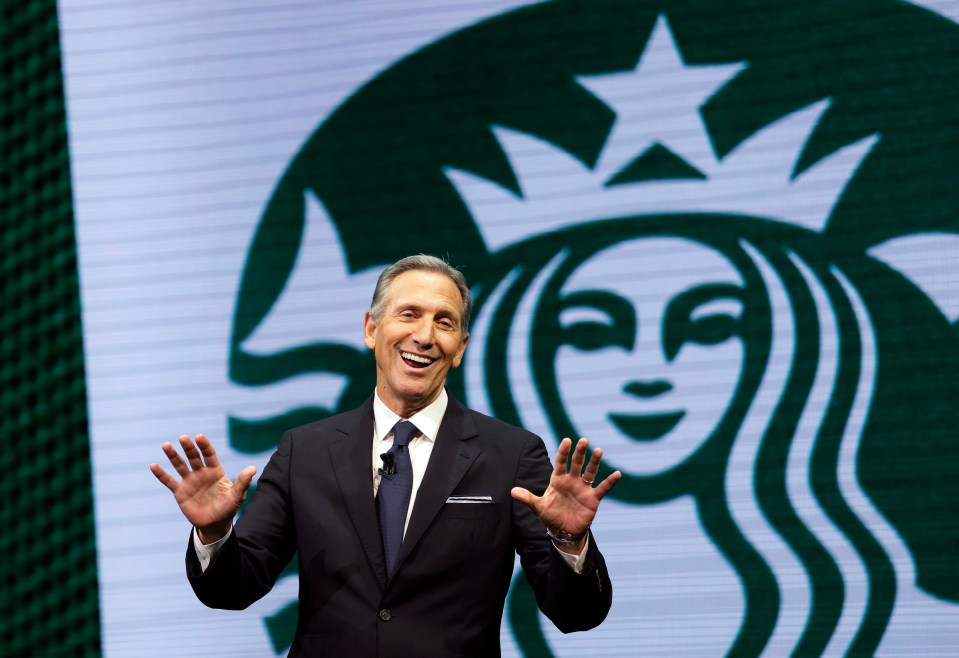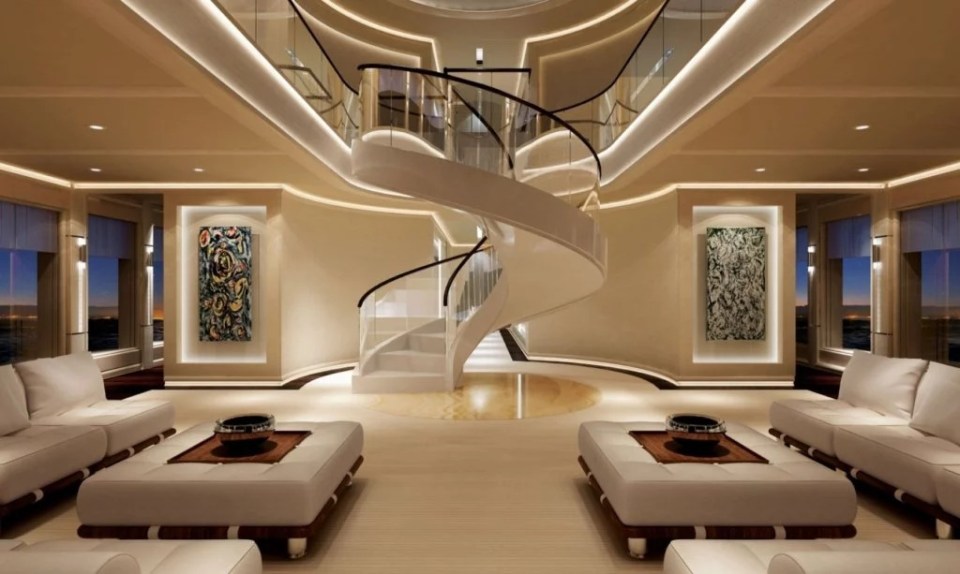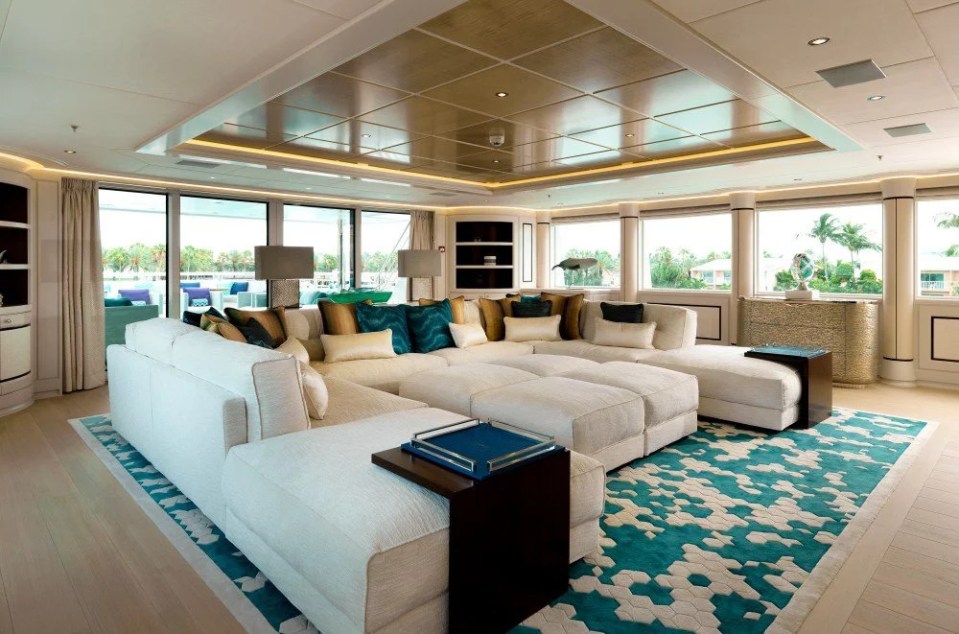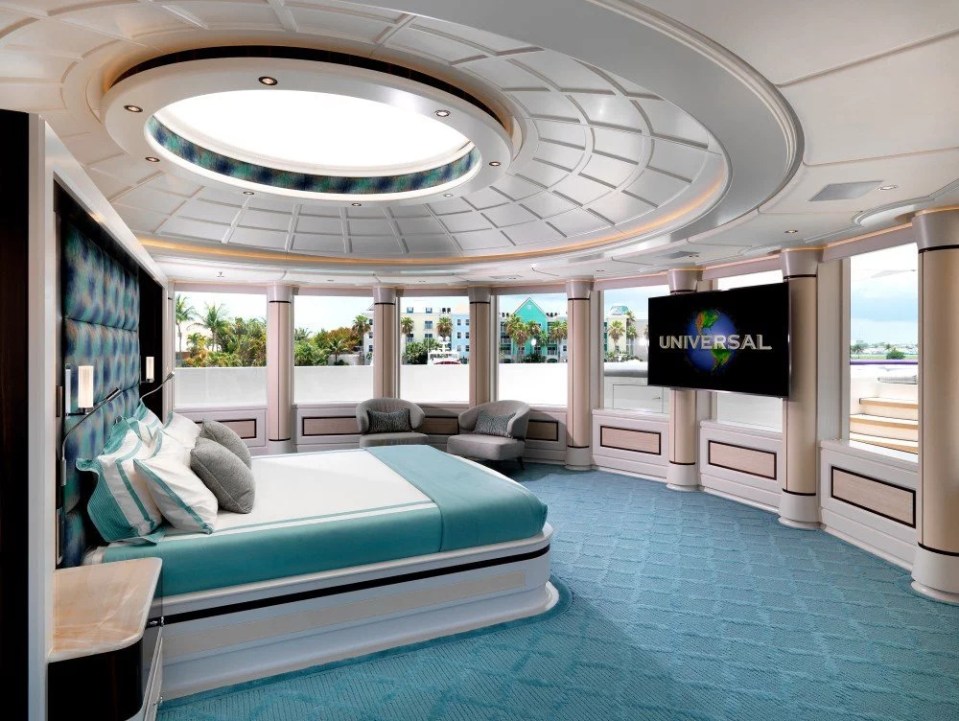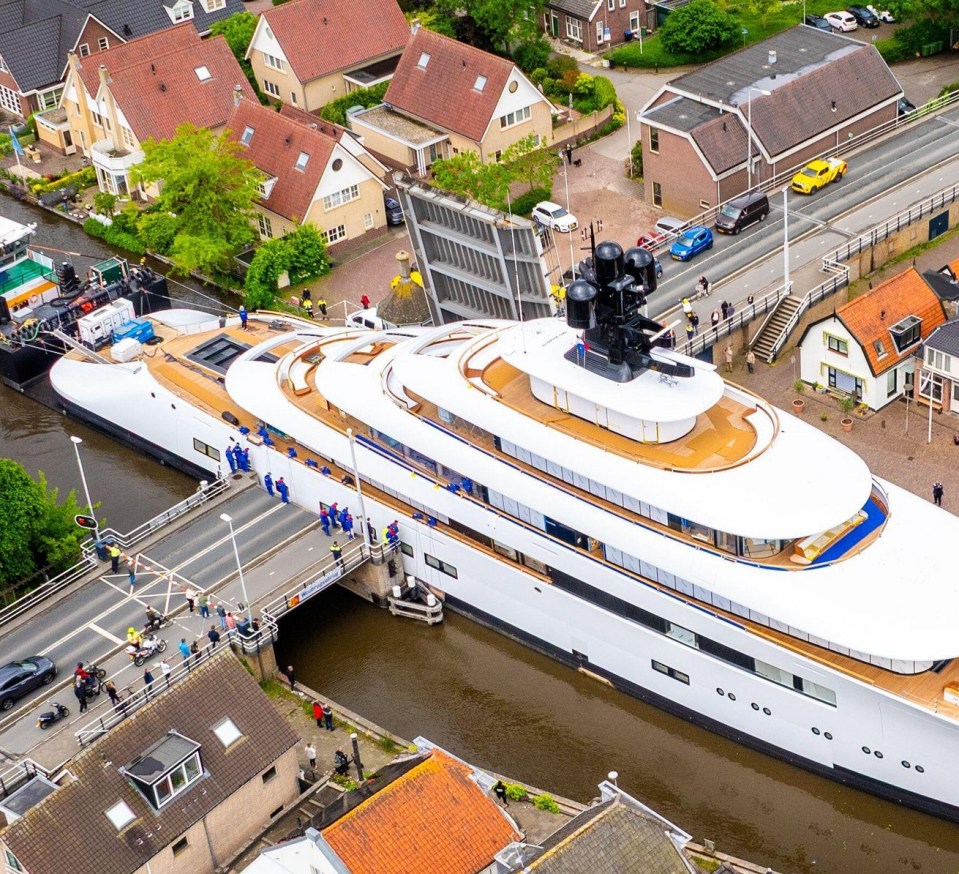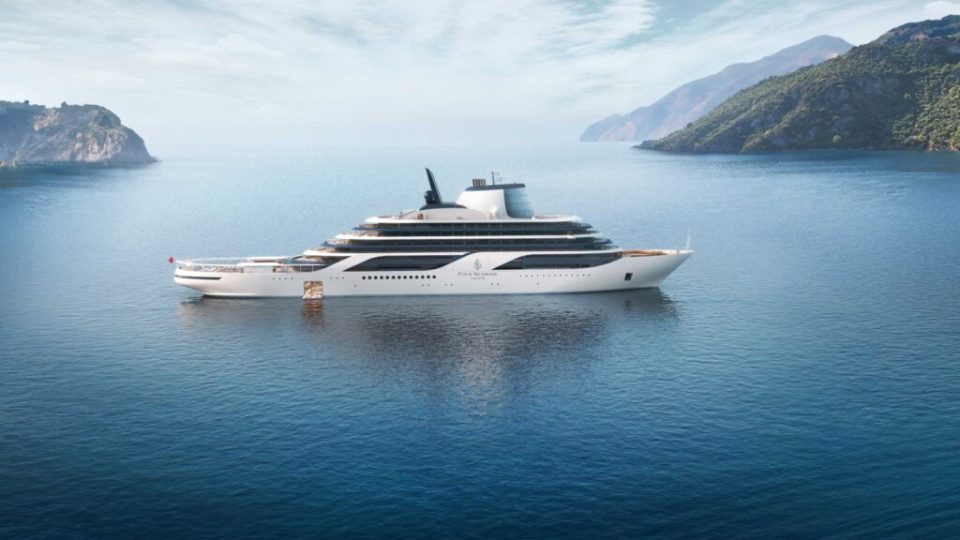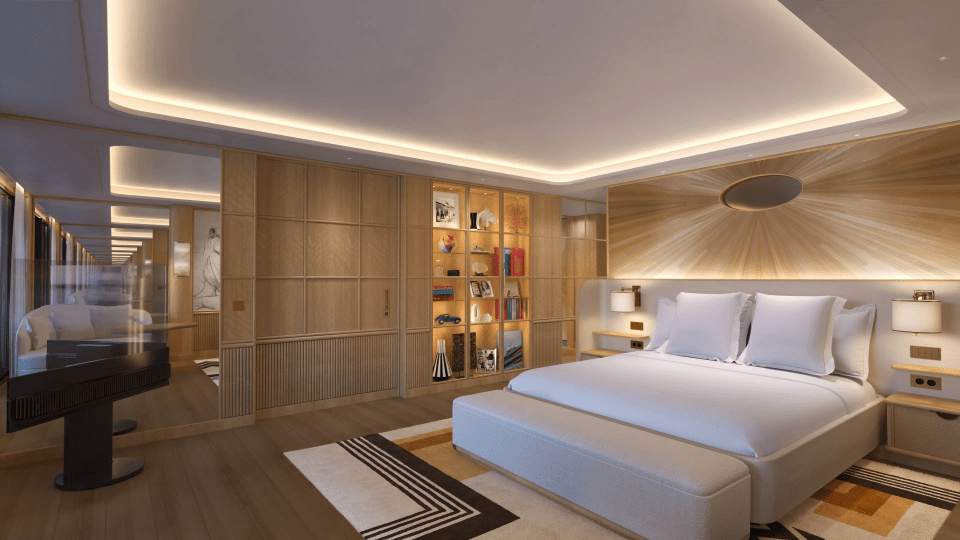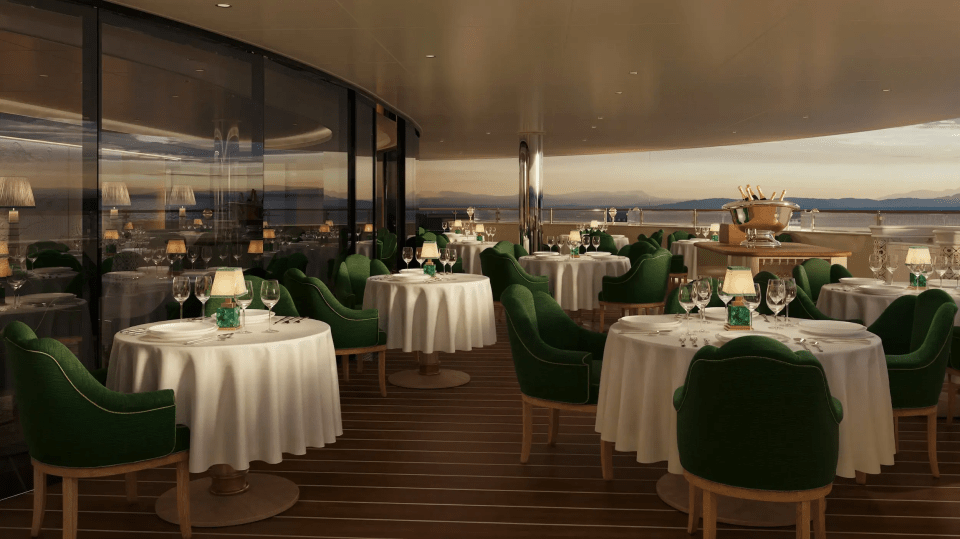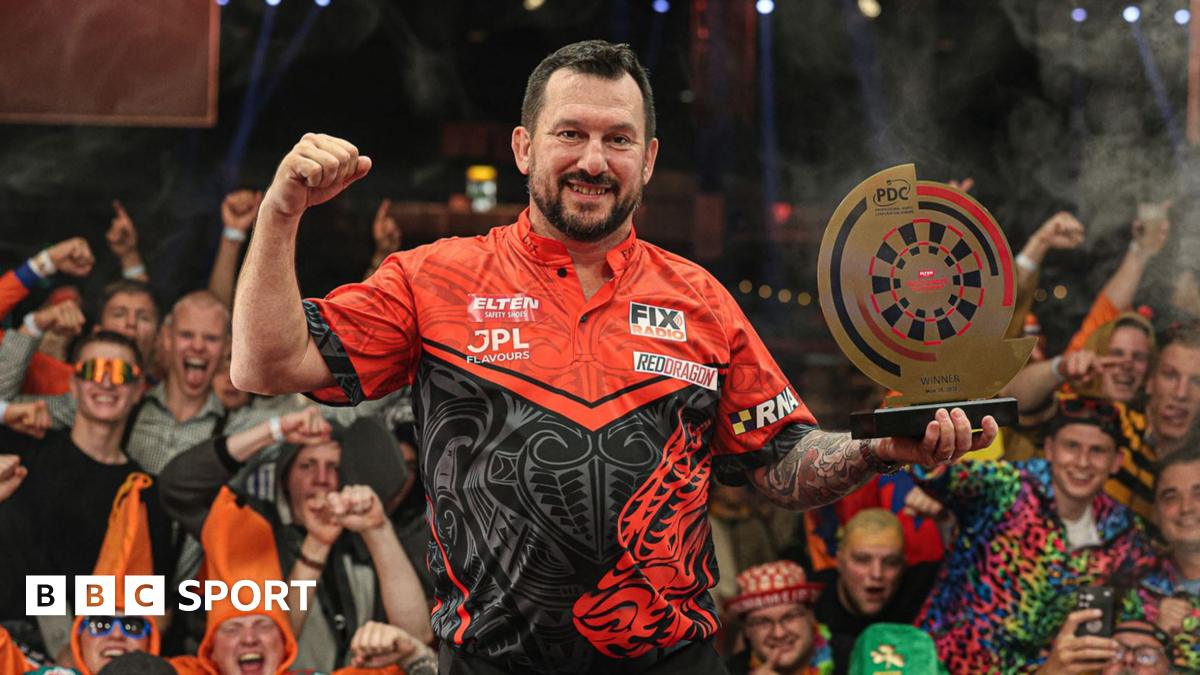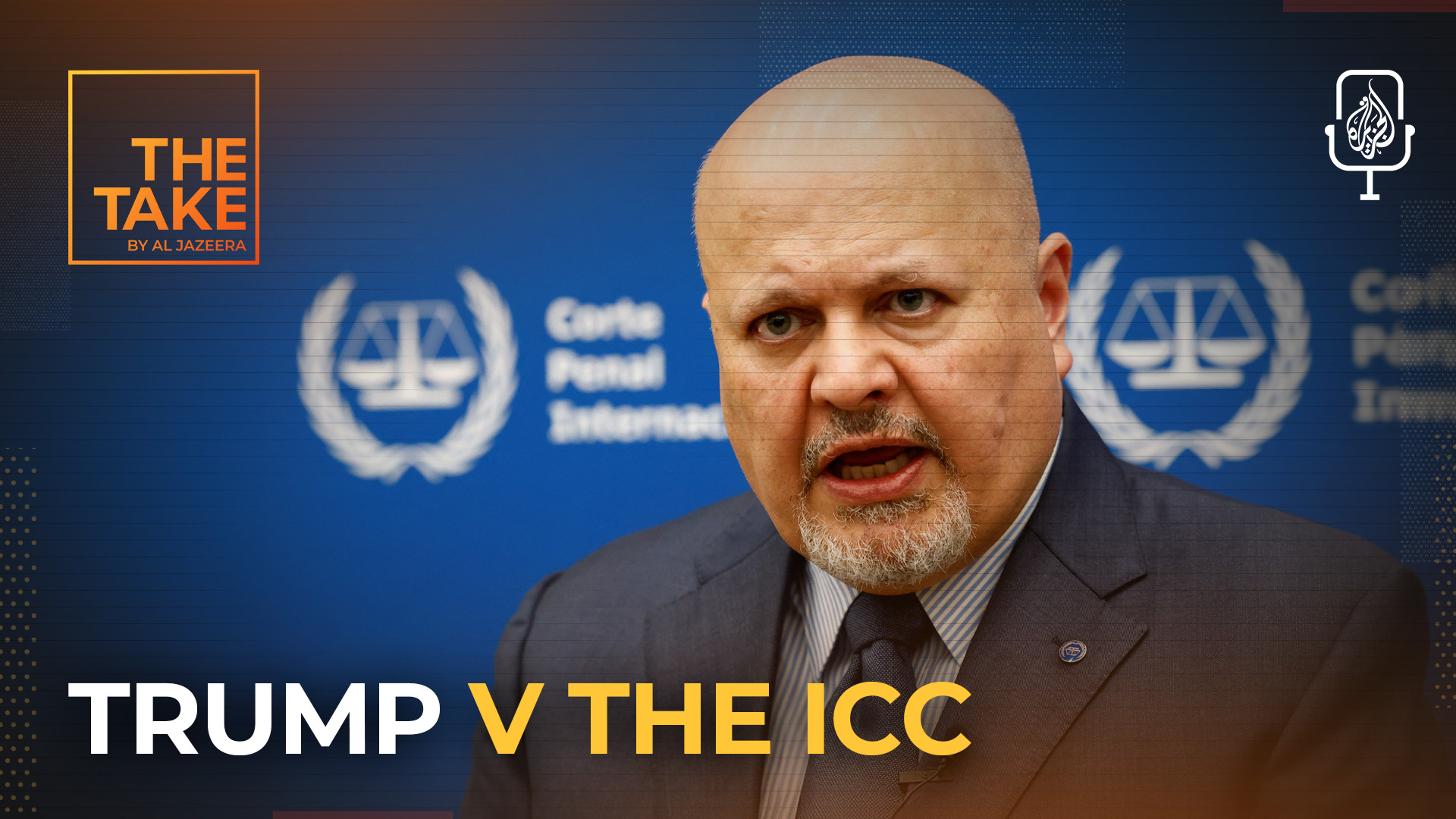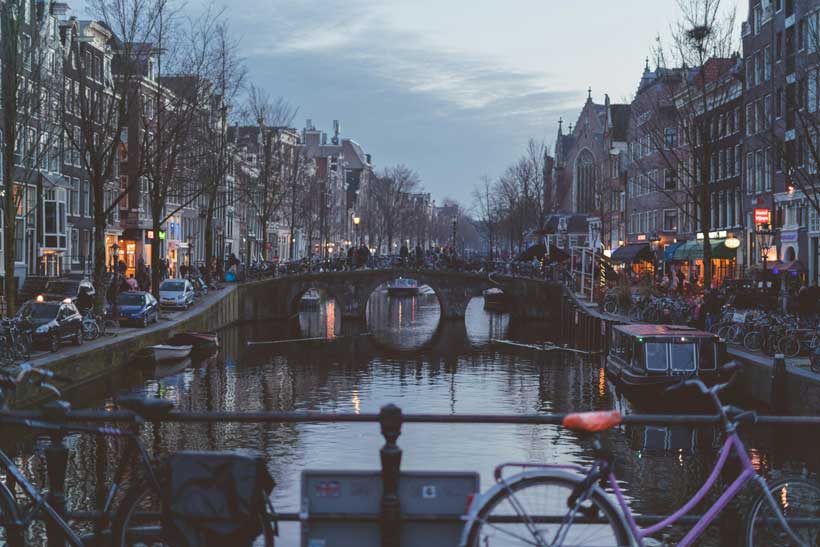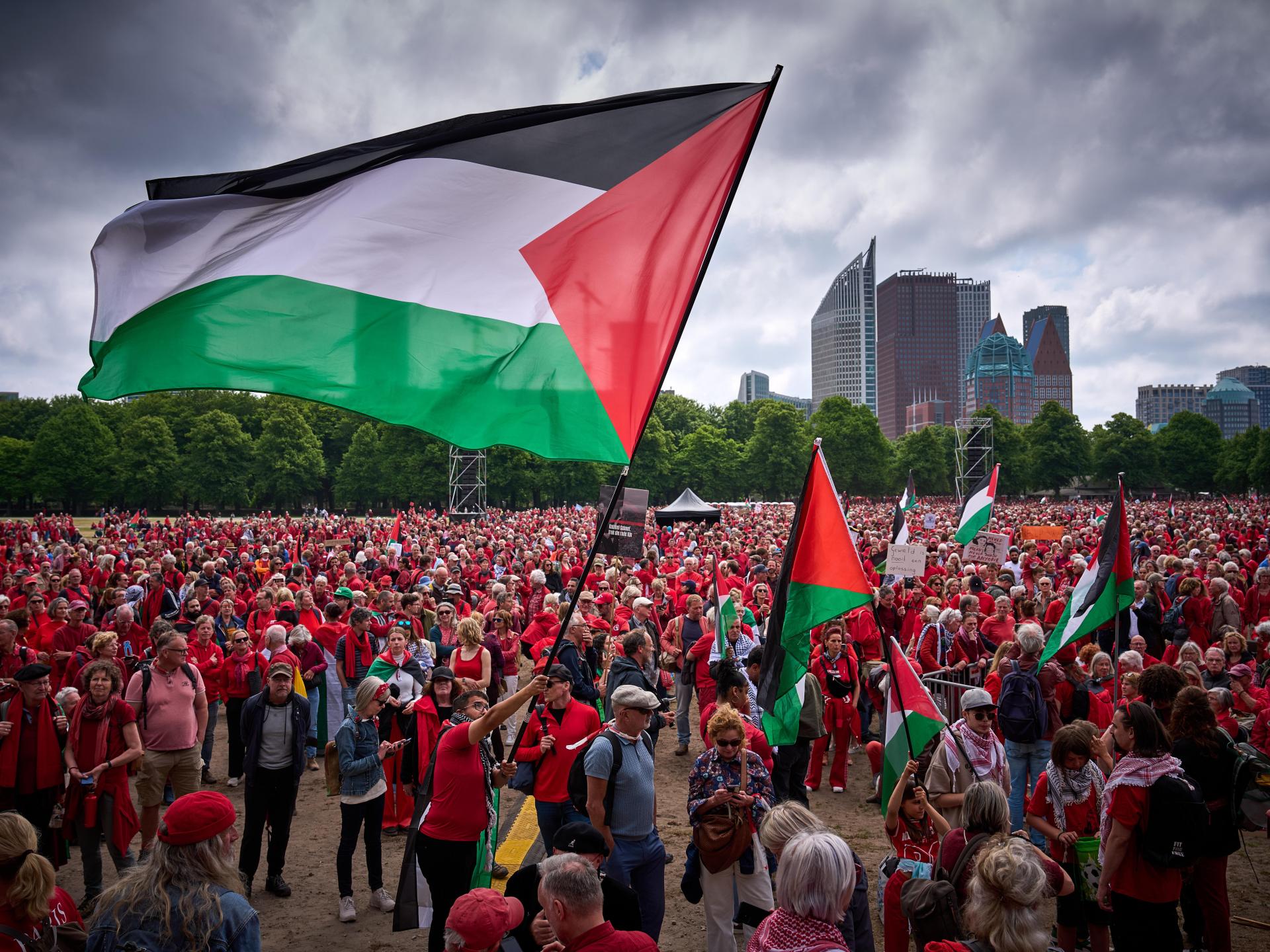The Netherlands’ relationship with the Islamic world has developed over the centuries, starting from the era of colonialism when the Dutch controlled the Dutch East Indies (now Indonesia), where the majority of the population is Muslim. This colonial legacy not only left a historical trace but also influenced the political and economic dynamics of the Netherlands in relation to Islamic countries. In addition, after World War II, the Netherlands received waves of migration from Muslim countries such as Turkey and Morocco, as well as from its former colonies, including Indonesia and Suriname. This led to a significant growth of the Muslim community in the Netherlands, which in turn created complex domestic social and political dynamics.
As a country that upholds the principles of liberal democracy and human rights, the Netherlands actively promotes these values in its foreign policy. This attitude often creates tensions in relations with Islamic countries, especially in issues related to religious freedom, women’s rights, and freedom of expression. For example, the debate over the ban on the burqa and criticism of sharia law in some Islamic countries show a clash between the principles of Dutch liberal democracy and the social norms of Islamic countries. However, on the other hand, the Netherlands also has great economic interests with Islamic countries, particularly in the field of trade and energy investment. Many Islamic countries, especially in the Middle East, are the Netherlands’ main trading partners, both in exports of agricultural products and in energy imports such as oil and gas.
The dilemma arose when the Netherlands had to balance between liberal democratic idealism and economic pragmatism. Criticism of human rights abuses in Islamic countries can risk disrupting trade and investment relations. For example, the diplomatic crisis with Turkey in 2017, in which the Netherlands banned Turkish ministers from campaigning in Rotterdam, reflected the tension between liberal democratic principles and political and economic interests. In addition, the Netherlands’ relations with countries such as Saudi Arabia and Iran are often colored by contradictions, where on the one hand the Netherlands denounces their authoritarian policies, but on the other hand maintains close economic cooperation.
This research becomes relevant in understanding how the Netherlands navigates its foreign relations with Islamic countries in the midst of the dilemma between liberal democratic values and economic interests. This study not only contributes to the study of international relations but also provides insight for policymakers in formulating a balanced strategy between the promotion of democratic values and national interests in the context of relations with the Islamic world. Thus, this study aims to examine the dynamics of Dutch foreign policy towards the Islamic world, identify the factors that influence its political decisions, and analyze the impact of the approach used by the Netherlands in maintaining a balance between liberal democracy and economic interests.
The relationship between the Netherlands and the Islamic world has a long history that has been shaped through various political, economic, and social dynamics. Since the 17th century, when the Netherlands became one of the largest maritime and colonial powers, interaction with the Islamic world has occurred, especially through trade and colonial activities in Muslim regions, such as Indonesia. In the 16th century, the Netherlands (which at that time was still part of the Spanish Empire) began to engage in the spice trade with the Islamic world, mainly by sea. Dutch traders explored trade routes controlled by Muslim traders and began to establish relationships with various kingdoms and sultanates in Southeast Asia, such as Aceh, Banten, and Makassar. There were conflicts and rivalries between the Dutch and the Muslim powers, despite favorable trade relations. One example is the Aceh War, which lasted ten years, in which the Dutch sought to control the Muslim sultanate of Aceh, which was very powerful in Sumatra. The history of relations between the Netherlands and the Islamic world is very complicated and full of conflicts. This relationship shows how two different societies interact with each other and shape each other. In addition to conflicts and difficulties, there is cooperation and mutual understanding. To build a better and more peaceful relationship in the future, it is important to understand our history.
The history of relations between the Netherlands and the Islamic world, particularly in Indonesia, reflects complex dynamics involving political, social, and cultural interactions. This relationship began with the arrival of the Dutch at the end of the 16th century and continued until the colonial period, which lasted more than three centuries. The arrival of the Dutch in Indonesia in 1596 was marked by the main goal of controlling the spice trade. Over time, they began to realize the growing power of Islam in the archipelago, especially through the influence of clerics and a strong social network among the Muslim community. The Dutch’s fear of potential resistance from Muslims, especially those connected to the Ottoman Caliphate, prompted them to develop a more strategic policy in dealing with Islam (Amalsyah, 2013).
During the colonial period, the Dutch controlled the Dutch East Indies (now Indonesia), where the majority of the population was Muslim. The Dutch colonial policy towards Islam was ambivalent—on the one hand, the colonial government sought to control and limit the influence of Islam in the nationalist movement, but on the other hand, they also worked closely with the local Muslim elite to maintain the stability of the colonial government. This colonial experience still has an impact on Dutch foreign policy towards the Islamic world to this day. In the modern era, the Netherlands’ relations with the Islamic world are growing, especially in economic and diplomatic aspects. The Netherlands has established trade relations with Islamic countries, especially in the energy and infrastructure sectors. Saudi Arabia, the United Arab Emirates, and Turkey are major trading partners, while relations with Iran remain complex due to geopolitical factors and international sanctions.
In many cases, Dutch foreign policy faces a dilemma between economic interests and liberal democratic values. This is especially true in relations with developing countries such as Indonesia. The interaction between past and modern practices demonstrates this dynamic. The Round Table Conference (KMB) in 1949 was an attempt by the Netherlands to strengthen its economic dominance in Indonesia. It regulates Dutch company ownership in strategic areas such as banking and transportation. However, Indonesia’s nationalization policies in 1958, such as the State Commercial Bank and Garuda Indonesia, made the Dutch reconsider their strategy; they shifted from colonial control to economic diplomacy based on equality. Dutch policies combine development aid and trade promotion. For example, the development assistance budget was reduced from 0.7% of GDP to below the international threshold, and the budget was allocated to subsidize SME exports and military operations. This method has been criticized for undermining principles (Bieckmann, 2013).
The Netherlands implemented various policies to supervise and control the lives of Muslims. One of the first steps was the establishment of institutions such as the Priesterraden in 1882 to supervise the religious activities of Muslims. In 1905, strict regulations were enacted requiring permission from the colonial government to teach Islam. Snouck Hurgronje, a Dutch orientalist, played a key role in formulating this policy. He suggested that the government be neutral on the religious aspects of Islam but wary of its political potential. Snouck classifies Islam into two categories: religious and political, with a focus on controlling political aspects that are considered to have the potential to cause rebellion (Effendi, 2013).
In addition to bilateral relations with Muslim countries, domestic dynamics also play an important role. The Netherlands has a significant Muslim population, mainly of Turkish and Moroccan immigrant descent. The presence of this Muslim community is often a domestic political issue, especially in debates about integration, multiculturalism, and immigration policy. Political parties’ attitudes towards Islam at home often influence Dutch foreign policy towards Islamic countries. Against this historical background and contemporary dynamics, Dutch foreign policy towards the Islamic world continues to develop within the framework of a balance between economic interests, liberal democratic values, and domestic and global political dynamics.
The Netherlands faces a dilemma in carrying out its foreign policy towards Islamic countries, where the values of liberal democracy that are upheld often conflict with economic interests. As a country that actively promotes human rights, freedom of opinion, and democracy, the Netherlands has consistently criticized human rights violations in Islamic countries, especially regarding political freedom, women’s rights, and religious freedom. However, on the other hand, economic relations with Islamic countries, especially in the trade, investment, and energy sectors, remain a top priority. The Netherlands is a liberal democracy that strongly defends values such as democracy, human rights, and the rule of law. However, as a country with an open economy that relies heavily on foreign investment and international trade, liberal democratic values often conflict with economic interests in foreign policy.
This tension is evident in various diplomatic situations. One prime example is the Netherlands’ relationship with Turkey, which has experienced ups and downs due to differences in political views. When the Netherlands criticized President Recep Tayyip Erdoğan’s authoritarian policies and restricted Turkey’s political campaigns in Europe, bilateral relations between the two countries briefly deteriorated. However, economic cooperation continues due to the great trade interests between the two countries. Another case that reflects this dilemma is the relationship between the Netherlands and Saudi Arabia. The Netherlands has often criticized Saudi Arabia’s human rights record, especially regarding freedom of opinion and its treatment of political opposition. However, because Saudi Arabia is one of the Netherlands’ main trading partners in the energy and infrastructure sectors, the Dutch government maintains close economic ties. Even as the Dutch Parliament passed a resolution condemning Saudi Arabia’s involvement in human rights abuses, the government continued to look for ways to maintain a balance between political criticism and economic interests.
This dilemma is also seen in the Dutch policy towards Iran. International sanctions against Iran, backed by the Netherlands, often collide with the desire of Dutch businessmen to expand trade with the country. The Netherlands must play a cautious diplomatic role in order to remain compliant with the norms of liberal democracy without harming its economic interests. Overall, Dutch foreign policy towards the Islamic world shows the tension between idealism and pragmatism. Although the Netherlands wants to maintain its image as a democratic country that defends human rights, economic interests remain a dominant factor in foreign policy decisions. Therefore, the Netherlands continues to seek balance in its approach by implementing a flexible diplomacy strategy so as not to lose both political influence and economic advantages in the Islamic world. In its foreign policy, the Netherlands has always faced a dilemma between economic interests and liberal democracy. There are no easy solutions, and the Dutch government must continue to strive to find ways to balance the country’s economic interests and its values. The Netherlands can maintain its economic advantages while supporting democracy, human rights, and sustainable development around the world by using innovative and responsible approaches.
The dilemma between liberal democracy and economic interests in Dutch foreign policy towards the Islamic world has various implications, both in bilateral relations, domestic dynamics, and the Netherlands’ position in the international arena. Dutch foreign policy has major consequences at the regional (European) and global levels. These affected areas include the economy, security, environment, and human rights. It is essential to understand these consequences in order to assess how effective the policies are and to plan a better plan for future use. The Netherlands’ free trade policy abroad has increased Dutch exports and investment around the world. This has boosted Dutch economic growth and created more jobs. However, there are risks associated with these policies, such as dependence on certain markets and the possible exploitation of workers in developing countries.
The Netherlands’ foreign policy, which often criticizes democratic and human rights issues in Islamic countries, has the potential to strain diplomatic relations. The case of tensions with Turkey and Saudi Arabia shows that Dutch criticism of political policies in Islamic countries can trigger a harsh response, such as ambassadorial withdrawals or trade restrictions. However, on the other hand, economic pragmatism encourages the Netherlands to maintain trade relations, especially in the energy and infrastructure sectors.
The Netherlands’ foreign policy towards the Islamic world is also closely related to domestic political dynamics. The growing Muslim population in the Netherlands, especially of Turkish and Moroccan descent, has sparked debates about integration and national identity. The Netherlands is a NATO member that supports global climate action and is committed to reducing greenhouse gas emissions. The Netherlands also actively participates in NATO military operations and supports the improvement of European defense capabilities. The Netherlands also invests in renewable energy and supports international agreements on climate change. The Netherlands strongly supports human rights. This includes development assistance, diplomacy, and support for civil society institutions that fight for human rights. Political parties with a hardline stance towards Islam often exploit this issue in their political campaigns, which can then influence Dutch foreign policy towards Islamic countries. This attitude also has an effect on immigration policy, where the Netherlands is increasingly selective in accepting immigrants from Islamic countries, especially regarding security issues and social values.
As a member of the European Union, the Netherlands often follows European foreign policy as a whole in dealing with Islamic countries. However, in some cases, the Netherlands has taken a firmer stance than other European countries in criticizing human rights violations. This attitude could strengthen the Netherlands’ position as a country that upholds democratic values but also risks reducing economic access to the markets of Islamic countries. In addition, in international organizations such as the United Nations and the WTO, the Netherlands must maintain a balance between national interests and its commitment to multilateral policies.
In the future, the Netherlands needs to develop a more flexible foreign policy strategy to manage relations with the Islamic world. Economic diplomacy that maintains democratic principles but with a more pragmatic and dialogical approach can be a solution in avoiding unnecessary diplomatic conflicts. In addition, increased cooperation in the fields of education, culture, and technology can be an alternative way to strengthen relations with Islamic countries without getting too caught up in political conflicts. Taking into account these various aspects, Dutch foreign policy towards the Islamic world will continue to be a challenge that requires a balance between political idealism and economic reality. Economic, security, environmental, and human rights are heavily influenced by Dutch international policies. The Netherlands must adapt its foreign policy to global trends and emerging problems if it wants to meet challenges and seize future opportunities. The Netherlands has the ability to contribute to the development of a safer, more prosperous, and more sustainable world by enhancing partnerships with like-minded countries, increasing investment in diplomacy, supporting international organizations, and protecting human rights.
Dutch foreign policy towards the Islamic world is in tension between liberal democracy and economic interests. As a country that upholds human rights and democratic freedoms, the Netherlands often criticizes political policies in Islamic countries, especially regarding freedom of opinion, women’s rights, and the system of government. However, on the other hand, economic relations with Islamic countries, especially in the trade and energy sectors, remain a top priority. This dilemma is reflected in various dynamics of bilateral relations, such as tensions with Turkey and Saudi Arabia due to differences in political views, but the establishment of close economic cooperation. In addition, domestic dynamics, including immigration issues and the integration of the Muslim community in the Netherlands, also play a role in shaping the country’s foreign policy. As part of the European Union, the Netherlands must balance its stance between the broader European foreign policy and its own national interests. In the future, the Netherlands needs to adopt a more flexible approach to establishing relations with Islamic countries, prioritizing economic diplomacy that remains based on democratic values but with a more pragmatic strategy to avoid unnecessary conflicts. With this balance, the Netherlands can maintain its position as a strong democratic country while maintaining the stability of economic relations with the Islamic world.
